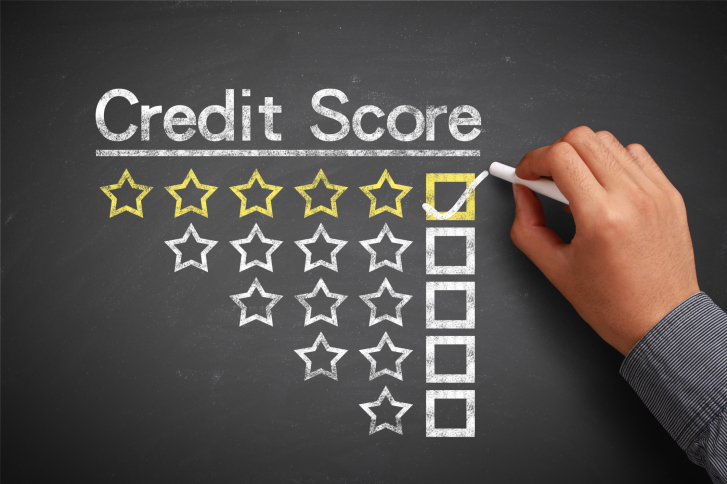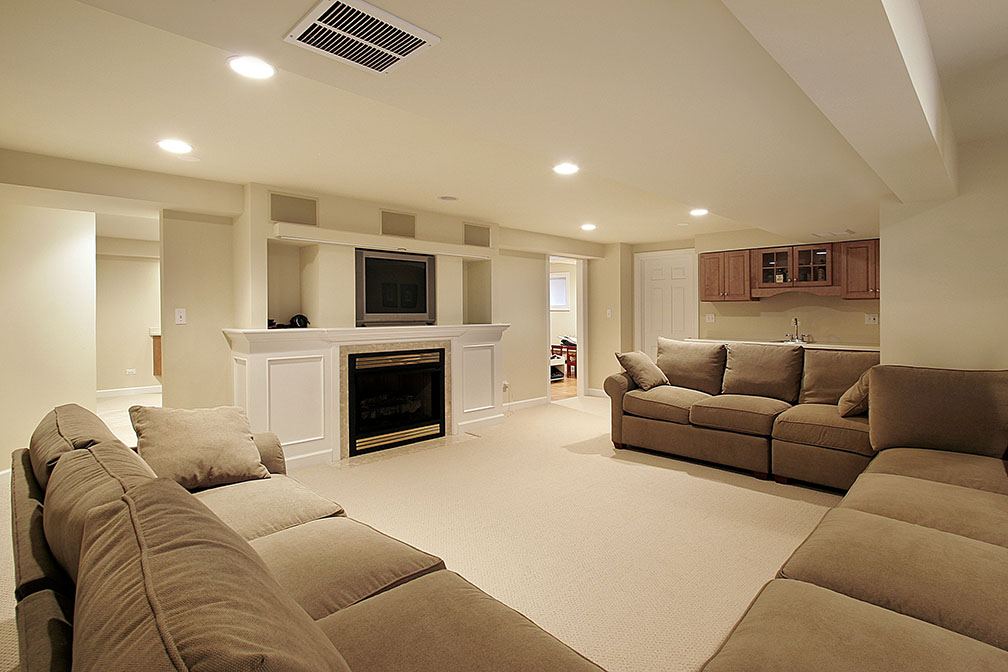 Last week’s economic report schedule included notable reports with the CPI & Core CPI in addition to PPI and Core PPI. Many markets are keeping a close eye on the inflation numbers for the U.S. as well as many other parts of the world to help guide their policies.
Last week’s economic report schedule included notable reports with the CPI & Core CPI in addition to PPI and Core PPI. Many markets are keeping a close eye on the inflation numbers for the U.S. as well as many other parts of the world to help guide their policies.
Other notable reports were MBA Mortgage Applications Index and the University of Michigan Consumer Sentiment Report (Prelim.)
Consumer Price Index
With current inflation data, the Federal Reserve has hinted that they are close to ending their rate-hiking cycle for the future. This reflects a greater optimism for a soft landing in many markets.
- Cost of goods rose 0.9% in September after a 2% gain in the prior month.
- The cost of services rose 0.3% last month, up slightly from 0.2% in August.
- Energy prices rose 3.3% in September, down from a 10.3% gain in the previous month.
- Wholesale food prices have moved up 0.9% after a 0.5% fall in the previous month
Product Price Index
Over the last year, the mainline PPI is up 2.2% in September, up from 2% in the prior month. This is the highest rate since April.
- Core PPI has had an increase of 0.3% over the previous month.
- PPI has had an increase of 0.5% over the previous month.
Key point: This is the second month in a row that goods prices have outpaced service costs.
Mortgage Applications Increased for the Month of October
MBA Mortgage Applications Increase, a measure of mortgage loan application volume, increased 0.6% percent compared to the previous month which had seen a -6.0% reduction.
University of Michigan Consumer Sentiment Report
The University of Michigan reported that the preliminary index for Consumer Sentiment in October came in at 63, missing the consensus estimate of 67.4. The final reading of the index for September was 68.1. Expectations for the one-year inflation rate rose to 3.8% in October from 3.2% in September, marking its highest reading since May.
What’s Ahead
This week’s scheduled economic reports include readings on inflation, U.S. retail sales, and the preliminary monthly report on consumer sentiment. Weekly readings on mortgage rates and initial jobless claims will also be released.
 When delving into the world of real estate and investment property, there are many terms that will come up that require further explanation. Whether you’ve never heard the phrase ‘home equity’ before or you have a little familiarity, here are the ins and out of what it means and how this asset can help your financial outlook.
When delving into the world of real estate and investment property, there are many terms that will come up that require further explanation. Whether you’ve never heard the phrase ‘home equity’ before or you have a little familiarity, here are the ins and out of what it means and how this asset can help your financial outlook. If you’re worried about your bad credit, you’ll want to do everything in your power to improve your rating as quickly as possible – especially if you have a major purchase coming up. Improving your credit rating can give you access to better interest rates on mortgages or even help you to get that job you’re after.
If you’re worried about your bad credit, you’ll want to do everything in your power to improve your rating as quickly as possible – especially if you have a major purchase coming up. Improving your credit rating can give you access to better interest rates on mortgages or even help you to get that job you’re after. Are you the type of person that struggles with remembering to pay their bills on time? You’re not alone. People across the country regularly submit late monthly payments, inflicting terrible damage to their credit. Let’s take a quick look at how paying your loan or other monthly payments late can have a negative impact on your mortgage.
Are you the type of person that struggles with remembering to pay their bills on time? You’re not alone. People across the country regularly submit late monthly payments, inflicting terrible damage to their credit. Let’s take a quick look at how paying your loan or other monthly payments late can have a negative impact on your mortgage. Do you have an empty basement or separated suite in your home? If you have a suite sitting empty, you are missing out on collecting some extra monthly income in the form of rent. Let’s take a look at a quick four-step process that will help you find the perfect tenant to rent out your basement suite.
Do you have an empty basement or separated suite in your home? If you have a suite sitting empty, you are missing out on collecting some extra monthly income in the form of rent. Let’s take a look at a quick four-step process that will help you find the perfect tenant to rent out your basement suite. In addition, 15-year fixed mortgage rates have gone up as well, with the national average sitting at around 6.82 percent. This is up from last week, when the average 15-year fixed was 6.51 percent. This is also up slightly from August, where the rates hovered around 5.84 percent.
In addition, 15-year fixed mortgage rates have gone up as well, with the national average sitting at around 6.82 percent. This is up from last week, when the average 15-year fixed was 6.51 percent. This is also up slightly from August, where the rates hovered around 5.84 percent.